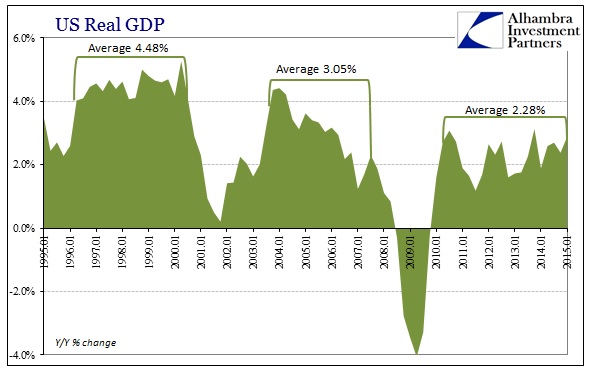Dark horse candidate Jeremy Corbyn, who is currently leading in the polls for UK Labour Party leadership, has included in his platform “quantitative easing for people.” He said in a July 22nd presentation:
The ‘rebalancing’ I have talked about here today means rebalancing away from finance towards the high-growth, sustainable sectors of the future. How do we do this? One option would be for the Bank of England to be given a new mandate to upgrade our economy to invest in new large scale housing, energy, transport and digital projects: Quantitative easing for people instead of banks.
As his economic advisor Richard Murphy further explains it:
People’s quantitative easing is . . . a highly directed process where the debt that is . . . repurchased has been deliberately created and issued either by a green investment bank or by local authorities, health trusts and other such agencies for the specific purpose of funding new investment in the economy at the time when big business and financial markets are completely failing to deliver the scale of investment that is needed to get the UK working again and to restore our financial prosperity.
According to the Positive Money group:
Ideas in a similar vein have been advocated or at least suggested by notable economists including J M Keynes (1), Milton Friedman (2), Ben Bernanke (3), William Buiter (4) and Martin Wolf (5). Most recently, Lord Adair Turner (6) has proposed similar ideas, highlighting that ‘there are no technical reasons to reject this option’.
Perhaps, but critics have found plenty to criticize. Peter Spence writes in the UK Telegraph:







